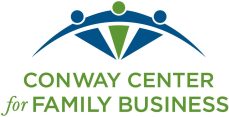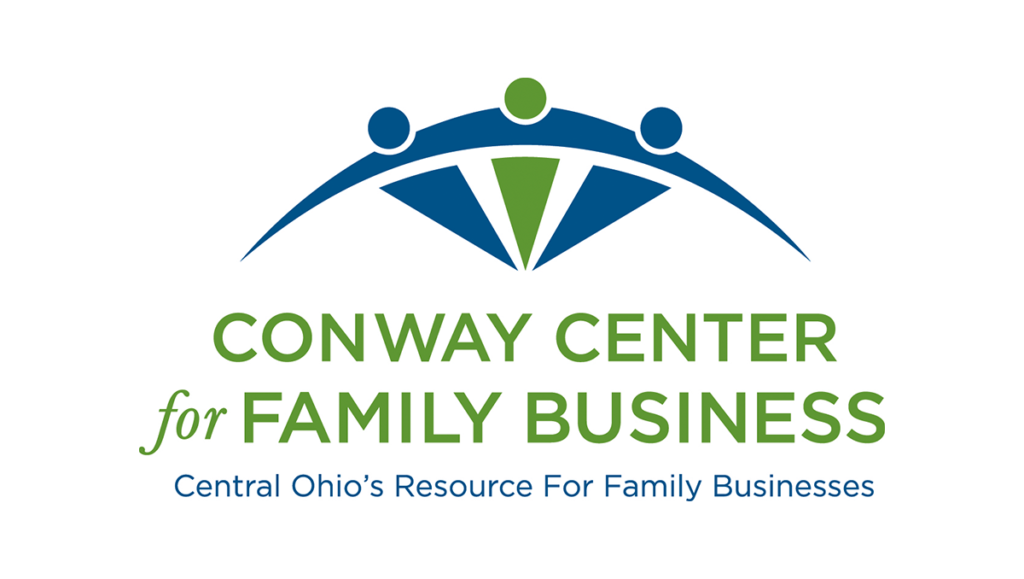Season’s Greetings GO-HR clients, friends, and supporters. Needless to say, it’s been a year! They say hindsight is 20/20. Most of us just want to get 2020 behind us!

The latest news is, of course, the COVID-19 vaccine. It started rolling out in the past week or so across the globe, and while it will take time to trickle down to the masses and then take hold, it’s definitely on everyone’s mind about the when, how, and how long. There’s probably a reason many of the larger companies recognize that keeping their workforce home until mid-2021 is a good idea.
But let’s talk about the vaccine as it relates to you, our family business friends. Earlier this week (December 16), the Equal Employment Opportunity Commission (EEOC) issued updated guidance with the rollout of the vaccine. As a business owner, you have a lot to consider and it might be good to start noodling this information now. There is a lot to unpack and guidance is changing by the day, but below are examples of the questions and concerns we’re hearing.
Can you require your employees to get the vaccine?
Right now, all signs point to yes, you can require your employees to get the COVID-19 vaccine and it is not viewed as a medical examination by an employer. However, keep in mind that if you require it, you should be prepared to pay for it if your insurance policy does not already cover it. The requirement to get the vaccine must be “job-related and consistent with business necessity,” so if your workforce is going to remain remote, think about whether mandating the vaccine is necessary. (I’m not suggesting that the vaccine is not life-saving; I am posing this thought because there may be a lot to navigate when mandating it. Read on.)
To be honest, I am not even sure where I stand on the vaccine, as an employer and as an individual. I inherited my mom’s questionable lungs, so I am concerned about how things might turn out if I were to contract COVID. I also have personal concerns about the speed with which the vaccines were developed and approved for distribution. While I could always use an extra set of hands to get work done, I’m not keen if those extra hands are growing out of me like some Frankenstein-esque result of not understanding the long-term impact of the vaccine. And there are many people who are thinking the same. A Pew Research Center survey indicated that 39% of the respondents would “definitely or probably not get the coronavirus vaccine.” So before you mandate the vaccine, think about where you fall in this discussion and be open to listening to and understanding that your employees may very well have their own concerns. Summarily dismissing your employees concerns will undoubtedly translate into workforce turnover and maybe even legal action. Following are a few links to information about the COVID-19 vaccines.
- CDC here and here
- Mayo Clinic
- FDA
Also, here, we don’t yet know exactly how to navigate the worker’s compensation scenario if an employer mandates the vaccine and an employee has a subsequent illness or reaction. Likely scenario is that it will be a worker’s compensation claim.
What if an employee refuses to get vaccinated?
Be careful here. There could be several reasons an employee (or vendor/service provider) may not get vaccinated, including a disability or serious health condition, or due to a sincerely-held religious belief. In these instances, an interactive dialogue will be necessary to determine if an accommodation is necessary and will not cause an undue hardship for the business. Before you default to no regarding any accommodations, remember that 2020 was all about accommodation and, if nothing else, it has been proven that we are much more flexible than most of us thought possible.
However, if an employee simply refuses to be vaccinated because “he/she doesn’t want to,” then you have an entirely different situation and decision to make. Simply not wanting to get the vaccine may not be an option and current guidance is that you can fire that employee. How this plays out when that employee files for unemployment remains to be seen. Even if that employee is a star, if you are not consistent in your approach to this issue, you potentially open yourself up to claims of discrimination by others.
Finally, if you have employees who cannot get the vaccine, you need to have internal policies to address this and protect those employees. Continued wearing of masks for everyone? Sensitivity training so your employees don’t wrongly assume and potentially discriminate against others? Revised remote working agreements?
Can I require vendors to be vaccinated before they come onto our premises?
Again, you need to think about the big picture here. Sure, you can require that all vendors/service providers are vaccinated as a condition of doing business with you, but this will require a lot of management and coordination.
- How will you communicate this information?
- Do you have a contingency plan if the vendor/service provider has a legitimate reason for not getting the vaccine?
- Who will have these discussions and how will they take place?
- What are your internal policies for unvaccinated people on the premises, including customers? (Continued wearing of masks for everyone? Sensitivity training so your employees don’t wrongly assume and potentially discriminate against others?
- Are you prepared to potentially lose a very good business partner over this issue when flexibility may be the better approach?
Can I make the vaccine a condition of offering employment?
Right now, yes (and by the way, you can continue having your current employees self-assess and self-attest whether they have symptoms). It would be wise to think about this in a similar vein as you would with much of what we talked about above. Also, think about how you will communicate this proactively in your job postings, offer letters, etc., and what mechanisms you will have in place to confirm the vaccination or accommodate the new hire if they are not vaccinated for a legitimate reason.
Do I still need to worry about cleaning, social distancing, and masks?
There are some things we get forced into doing out of necessity that become really good ideas as a normal course of business. If you were not regularly cleaning before, you should want to do this anyway. Trust me, your employees appreciate it. Same with handwashing. This should be a no-brainer. Keep plenty of cleaning supplies and anti-bacterial sanitizing products in stock. Always. As for social distancing and face masks? Until the vaccine does its job and/or we reach herd immunity, you should continue these practices as well. It’s just common sense. (And since we’re starting to throw this phrase around so much, here is an interesting article on herd immunity.)
Do I still have to pay Paid Sick Leave and emergency FMLA to my employees?
As of right now, the FFCRA sundowns on December 31, 2020. There has been no indication that it will be extended in any new relief packages that may come out before the end of 2020. The incoming administration may change that or even consider new legislation, but we can’t function on possibilities, so plan for Paid Sick Leave and expanded FMLA to end with the closing of 2020. However, we know that the virus doesn’t just end on a deadline and with the holidays upon us, the surges will likely continue. Think about what you can do and can afford to do now because I promise you, you’ll be navigating this a lot throughout at least Q1 2021.
What is a COVID immunity passport?
If your employees travel for business, or your business is one that is dependent on gatherings, this might be an important tool that could be elective or may become mandatory. It’s worth reading up on it here to see how it may or could impact your business.
What are the things I need to noodle over the holiday break?
- Will you mandate that your employees must vaccinate?
- How will you navigate the vaccination consideration with vendors/service providers?
- What happens after December 31, 2020 if an employee tests positive for COVID?
- Do my policies support all of this?
- Should we continue remote working for now? Forever?
There is no doubt that 2021 will continue to challenge us, but I have seen amazing resiliency from people this year and I have faith that we will continue powering through this together.
As always, we are here to help you, so do not hesitate to reach out. Wishing all of you and your families a wonderful holiday season and a Happy New Year.

Sharon DeLay, MBA, SPHR, SHRM-SCP, CPCC
Certified GUSTO People Advisor
GO-HR (a dba of BoldlyGO Career and HR Management, LLC)
[O] 614-473-0122 ▪ [C] 614-233-1522

